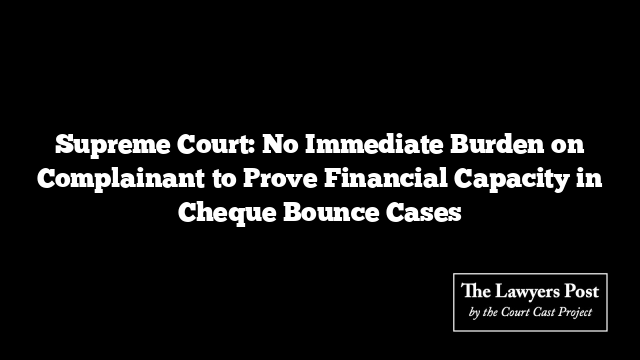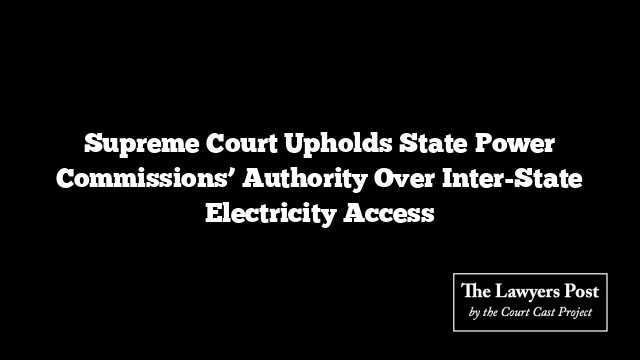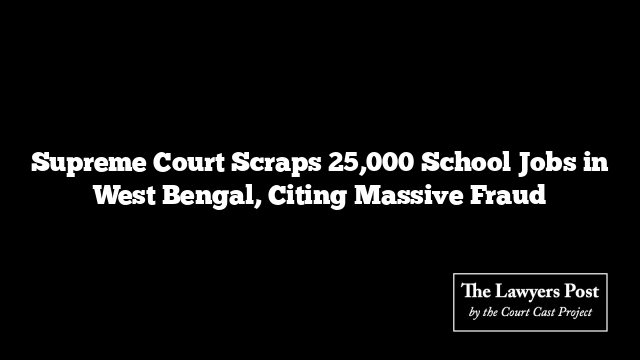In a significant ruling, the Supreme Court has reaffirmed that once a cheque is signed and issued, the legal presumption under Section 139 of the Negotiable Instruments Act, 1881, stands unless effectively rebutted by the accused. The court clarified that merely questioning the complainant’s financial capacity does not suffice to dismiss the claim—especially if such an objection was not initially raised in response to the legal notice.
A bench comprising Justices Sudhanshu Dhulia and Ahsanuddin Amanullah addressed the case where a complainant challenged an Allahabad High Court ruling that had overturned a lower court’s conviction of the accused for cheque dishonor under Section 138 of the NI Act.
The complainant asserted that he had extended a ₹22 lakh loan to the accused, who later issued a cheque that was dishonored due to a “payment stopped by drawer” instruction. Despite receiving a statutory notice within the stipulated period, the accused did not respond, leading to the filing of a complaint.
The Supreme Court, overturning the High Court’s verdict, held that the complainant is not required to establish his financial capacity at the outset. Instead, it is the accused’s responsibility to challenge and disprove the presumption of a legally enforceable debt. The court cited the precedent set in Tedhi Singh vs Narayan Dass Mahant (2022), reinforcing that in cheque bounce cases, the burden of proof does not initially lie with the complainant.
Upholding the conviction, the Supreme Court modified the sentence, imposing a fine of ₹32 lakhs to be paid within four months—failing which, the original sentence would take effect.





